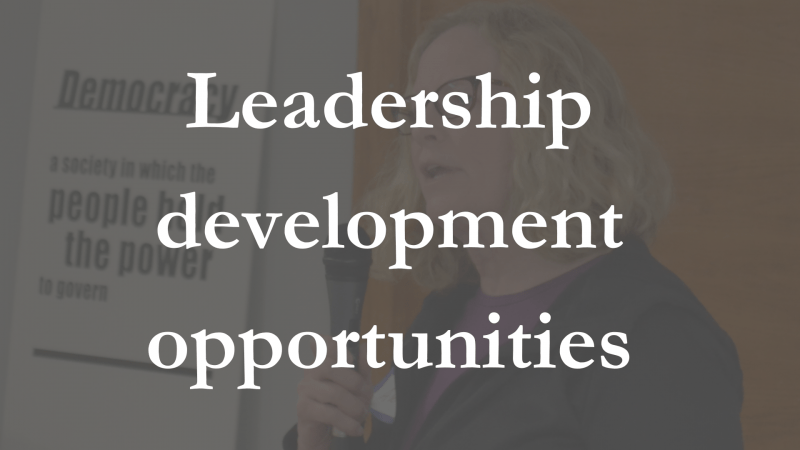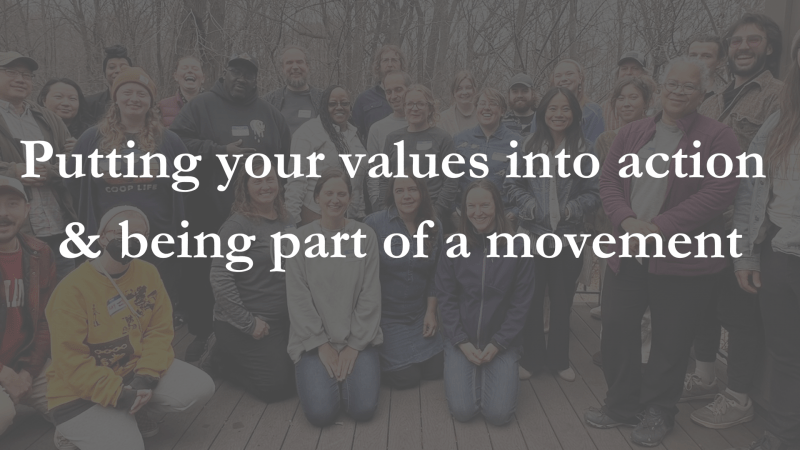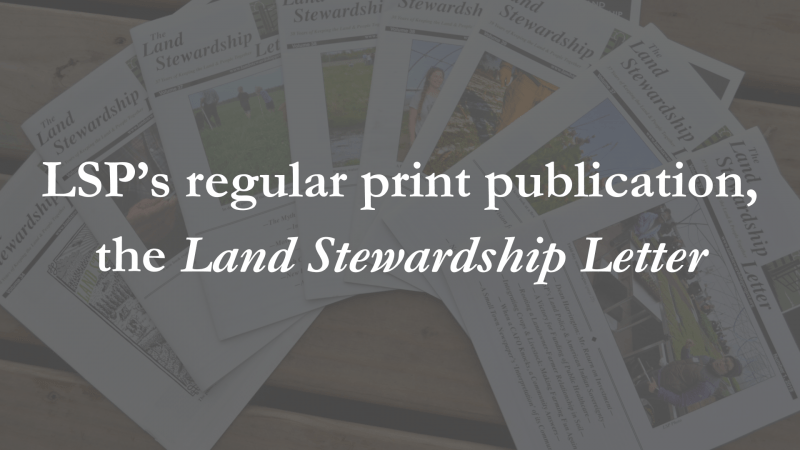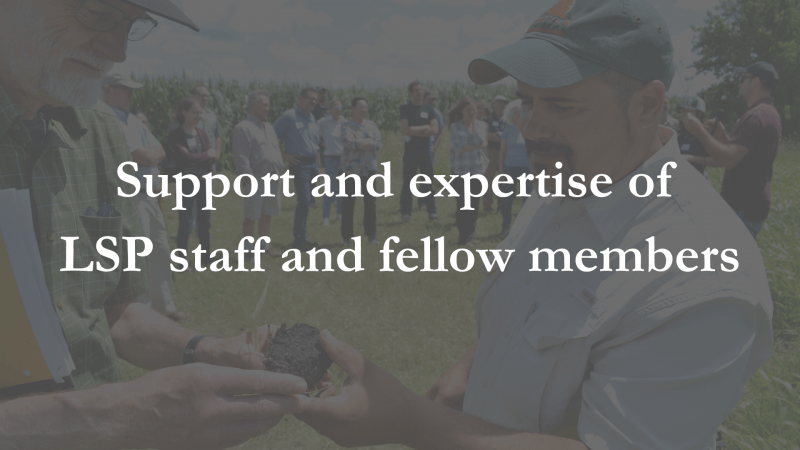The Land Stewardship Project is effective and unique in part because of our broad membership: farmers and non-farmers who live in rural communities, as well as suburban and urban areas. This diverse community of people has joined forces under the LSP banner because they believe small and medium-sized farms are a benefit to the food system, the land, and local communities.
Your Membership Matters
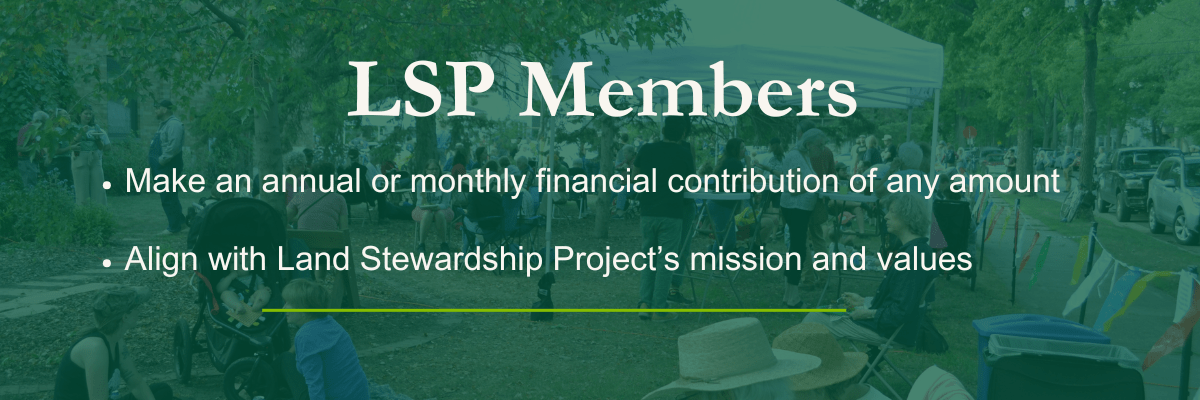
As a grassroots organization, our members give us the power to bring people together around shared values and a shared vision of a farm and food system that fosters vibrant communities, resilient and just economies, healthy soil, and clean water. Our members believe in creating opportunities for farmers to be fairly rewarded for their hard work, no matter their race or background.
Here are some of their stories:
-
Amanda and Maren are Farm Beginnings graduates raising heritage turkeys and vegetables on their farm in southern Minnesota, with plans to start a CSA as well as an incubator farm for LGBTQ and BIPOC farmers. They hope to help queer people know that there are safe rural spaces and to help rural people know that LGBTQ+ people are safe neighbors, too.
-
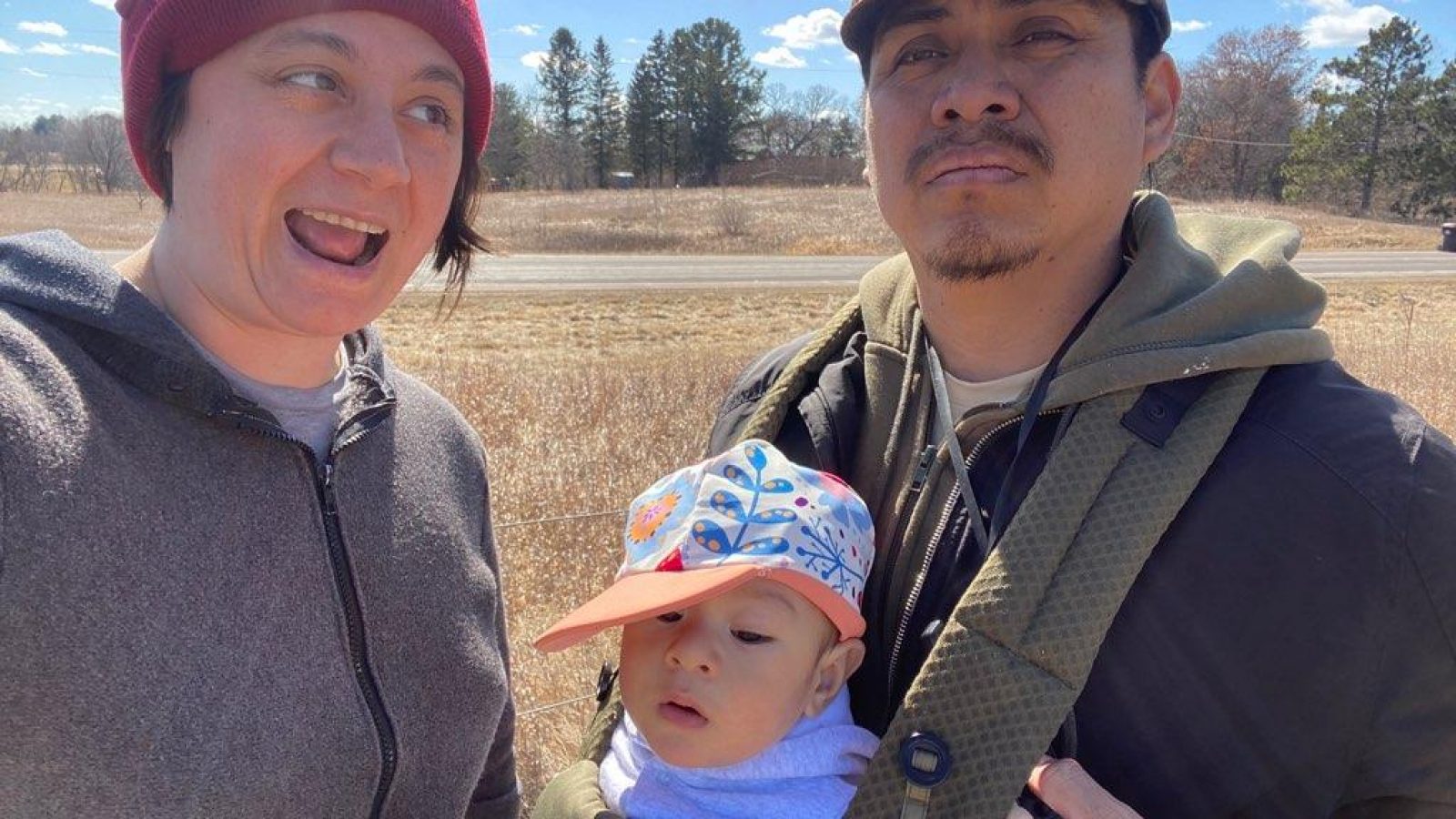
Gina and Silvano Aguilar joined LSP’s Farm Beginnings class in 2022, the same year they closed on their farm in Amery, Wisconsin. You might see toddler Rafael playing during a Land Access/Emerging Farmer working group meeting or tagging along when Gina testifies at the legislature.
They are working to establish a perennial fruit and livestock farm with sheep and chickens. They also look forward to transforming their pole barn into a type of general store that will include farm produce as well as traditional Mexican and Asian groceries, which can be hard to find in rural areas.
-
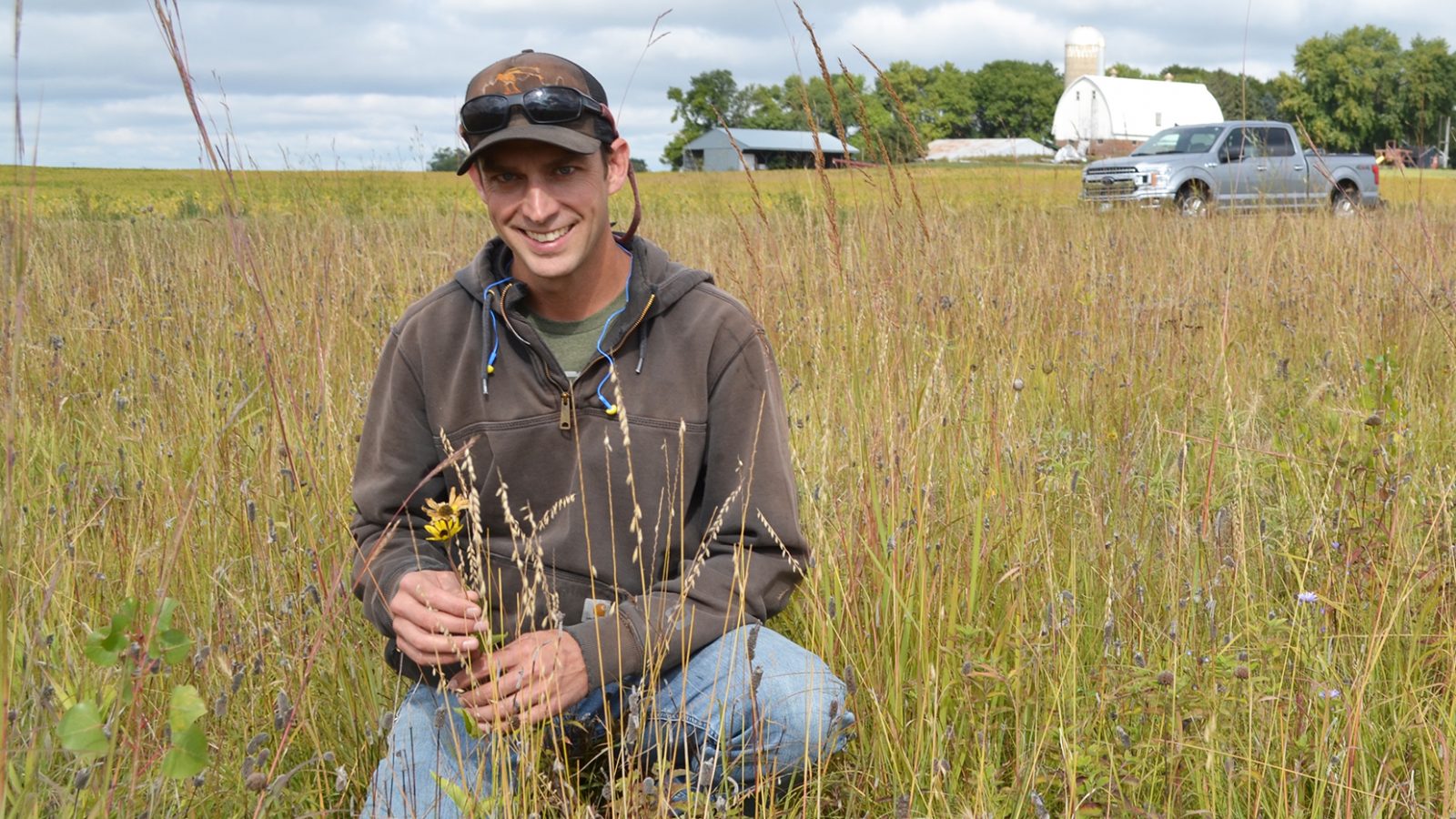
Adam Griebie is a corn and soybean farmer in Hutchinson, Minnesota, who has been working steadily to implement conservation practices that work with the topography of his farm. When Adam came back to the family farm after earning an environmental science degree and working as a wildlife biologist, he believed that recreating outdoors and farming could co-exist beneficially.
Adam has persisted in growing his family’s usage of federal conservation programs that reward farmers for utilizing conservation practices, especially when the fields aren’t well-suited for row crops. Adam used an EQIP grant to create retention basins that help to control runoff and improve water quality, which has directly impacted the health of the Buffalo Creek watershed. Adam has participated in LSP fly-ins to DC to advocate for conservation funding and improving access to programs that help farmers make a difference on climate change.
- 1
- 2
- 3
